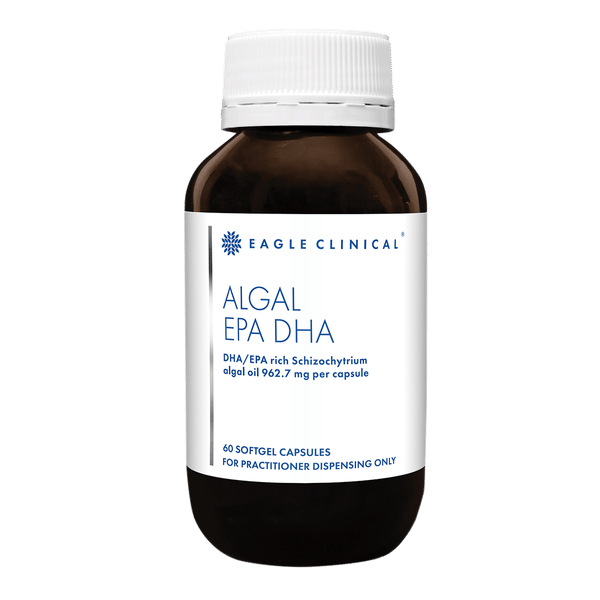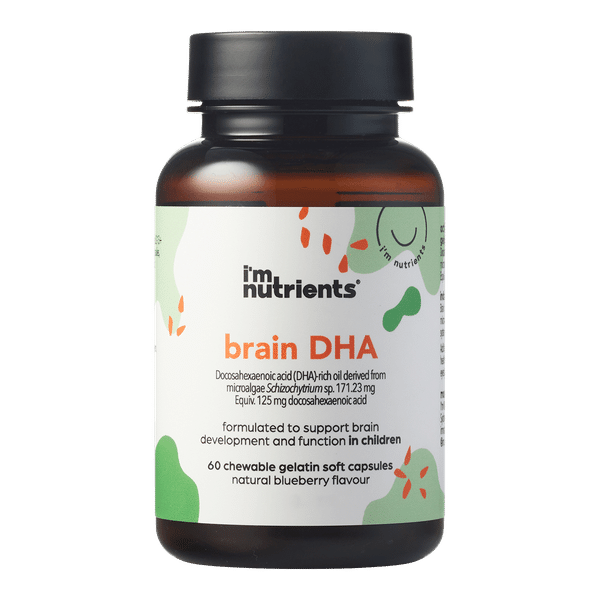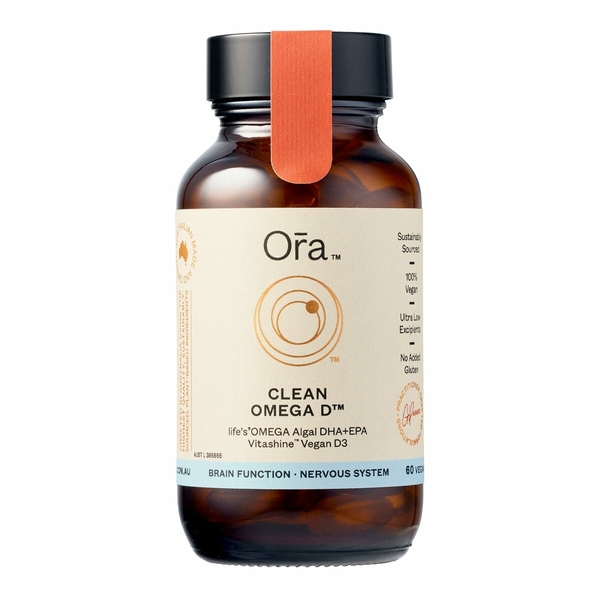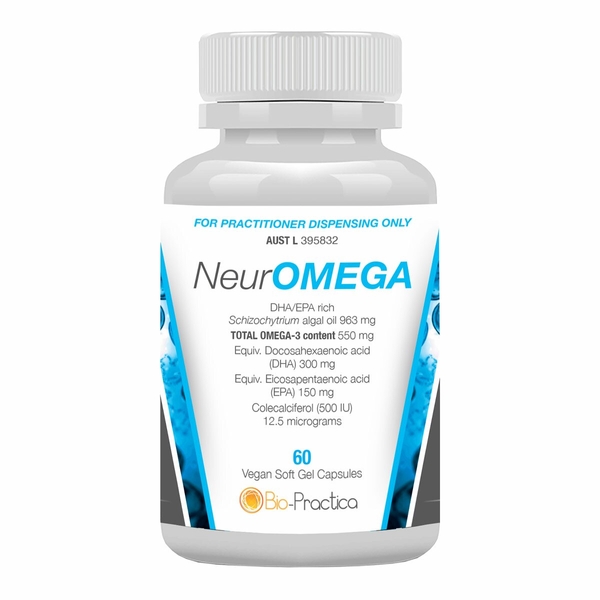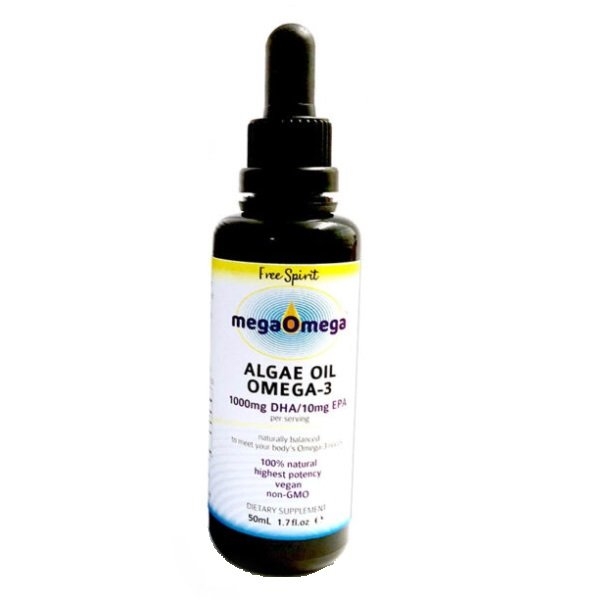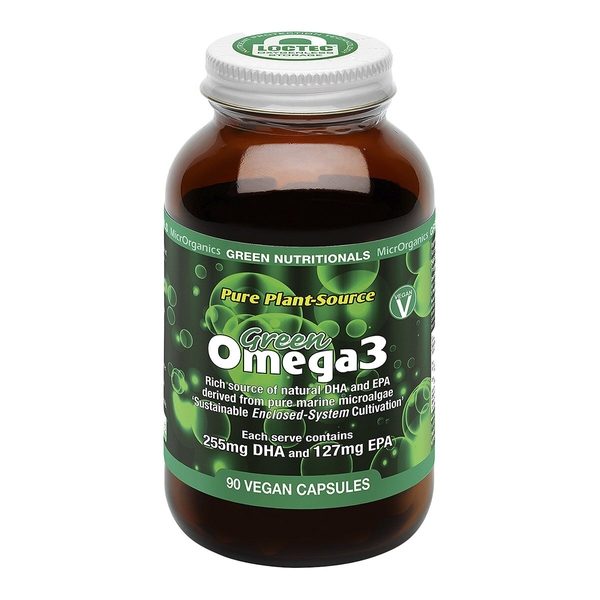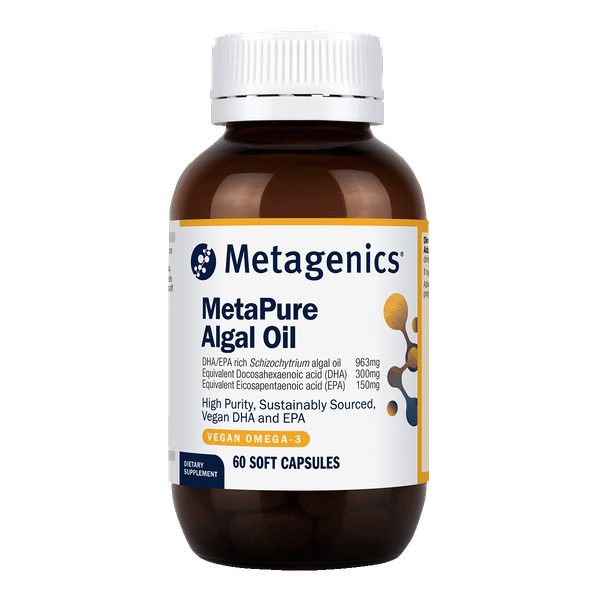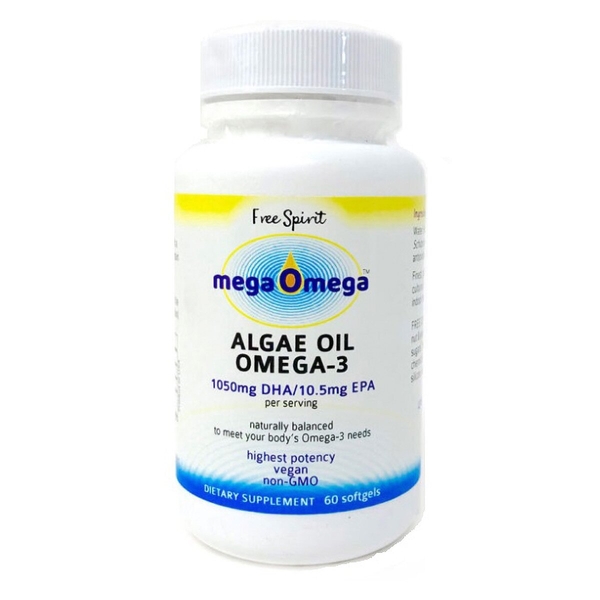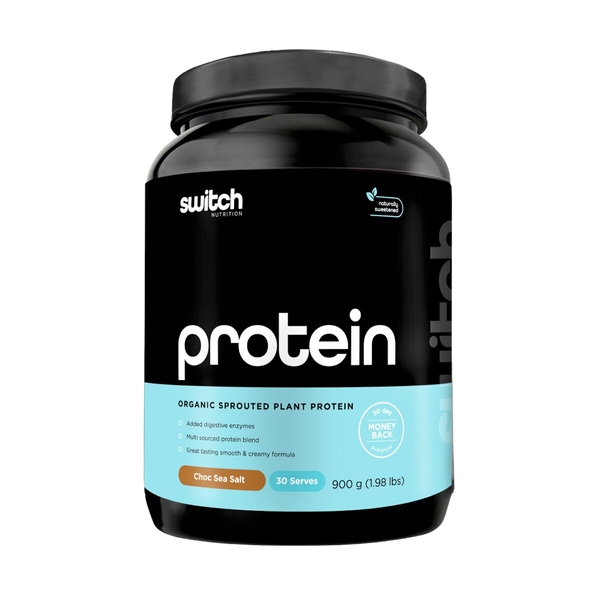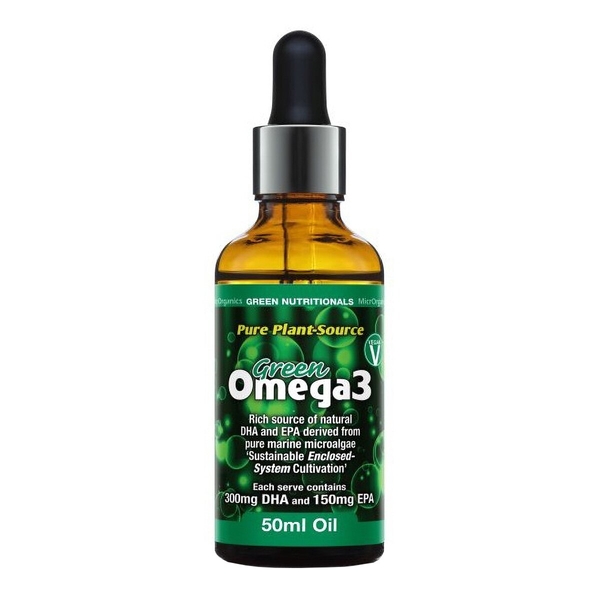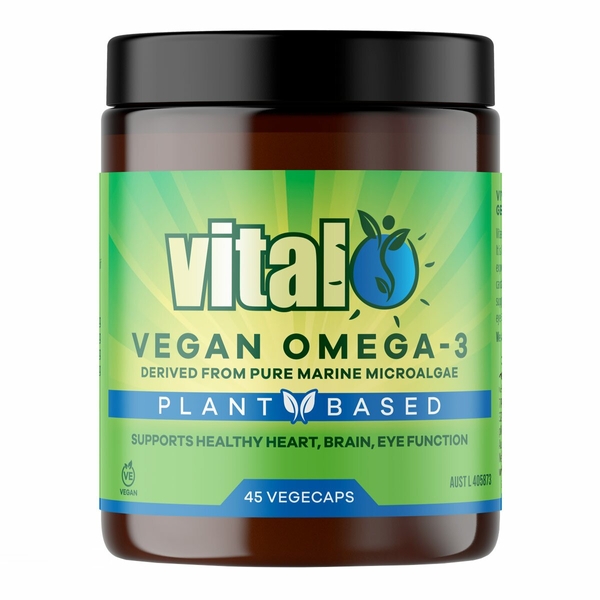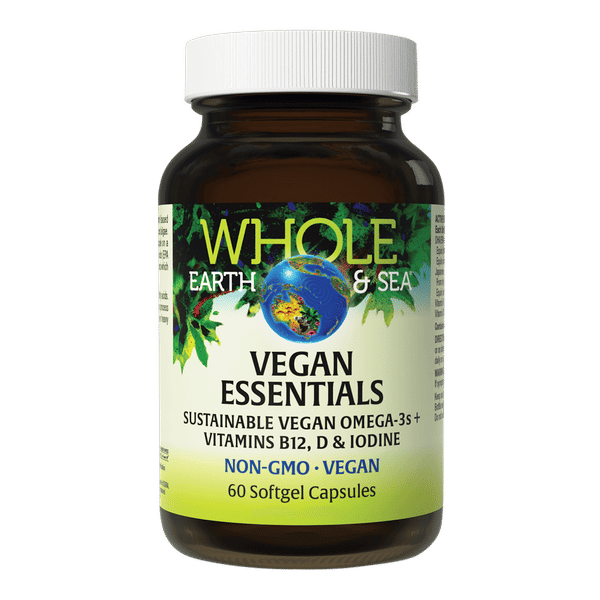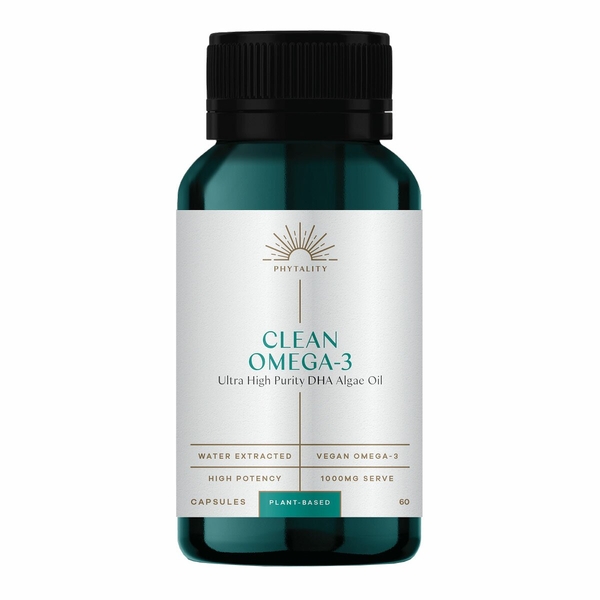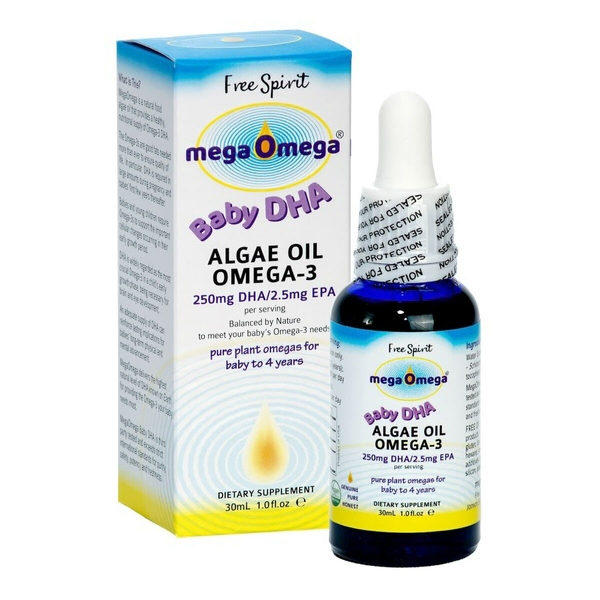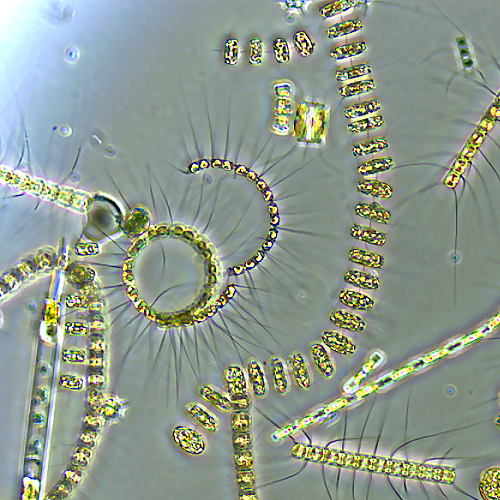
Background
Certain algae species are grown in agriculture specifically to produce algal oil. It can be made from a variety of species, including Crypthecodinium, Nannochloropsis, Schizochytrium, Prototheca, and Ulkenia. The fatty acids in the oil might reduce swelling and help with brain function.
People use algal oil for preventing preterm birth. It is also used for improving thinking skills, physical performance, autism, ADHD, depression, and many other purposes, but there is no good scientific evidence to support these uses.
Don't confuse algal oil with specific types of algae, such as blue-green algae, brown algae, chlorella, or laminaria. Also, don't confuse algal oil with DHA or EPA from other sources such as fish oil, krill oil, or cod liver oil. These are not the same.
Safety Safety definitions
Taking high doses of algal oil providing more than 3 grams of DHA and EPA daily is possibly unsafe. High doses might slow blood clotting and increase the chance of bleeding. The FDA recommends limiting intake of DHA and EPA to no more than 3 grams daily, with no more than 2 grams daily from a dietary supplement.
Special Precautions & Warnings:
Pregnancy and breast-feeding: Algal oil that is rich in DHA, an omega-3 fatty acid, is likely safe when taken by mouth when pregnant or breast-feeding. Algal oil is included in some prenatal vitamins and infant formulas as a source of DHA. If it is taken while pregnant or breast-feeding, DHA levels in the breast milk increase. Most experts recommended consuming 300 mg of DHA daily while pregnant and breast-feeding. This can be met by eating 8-12 ounces of seafood weekly during pregnancy, and 4-8 ounces weekly while breast-feeding. Those who are nutrient deficient or who do not eat fish may need to take a supplement such as algal oil. There isn't enough reliable information to know if algal oil rich in EPA, another type of omega-3 fatty acid, is safe to use when pregnant or breast-feeding. Stay on the safe side and avoid use.Infants and children: Algal oil rich in DHA, an omega-3 fatty acid, is likely safe for infants and children. Algal oil is included as a source of DHA in some infant formula. It is generally recognized as safe for this use. Algal oil has also been used safely for up to 4 years in children 7 years and older in daily doses that provide 30 mg/kg of DHA. There isn't enough reliable information to know if algal oil rich in EPA, another type of omega-3 fatty acid, is safe to use in infants and children. Stay on the safe side and avoid use.
Aspirin-sensitivity: Some algal oil contains DHA. DHA might affect your breathing if you are sensitive to aspirin.
Bleeding conditions: Some algal oil contains the omega-3 fatty acids DHA and EPA. DHA alone does not seem to affect blood clotting. But taking algal oil in doses providing more than 3 grams daily of EPA and DHA might increase the risk of bleeding.
Difficulty breathing in preterm infants: Some algal oil contains DHA. DHA might worsen breathing in preterm infants who already have difficulty breathing.
Diabetes: Some algal oil contains DHA. DHA might increase pre-meal blood sugar in people with type 2 diabetes.
Low blood pressure: Some algal oil contains DHA. DHA can lower blood pressure. This might increase the risk of blood pressure becoming too low in people who already have low blood pressure.
Effectiveness
- Preterm birth. In people who get less DHA from their diet, taking DHA-enriched algal oil by mouth during pregnancy seems to lower the risk of having a baby very early.
- Memory and thinking skills (cognitive function). Taking DHA-enriched algal oil by mouth doesn't seem to improve cognitive function or reading ability in most children.
- Cystic fibrosis. Taking DHA-enriched algal oil by mouth doesn't seem to improve symptoms of cystic fibrosis.
- Fractures. Taking algal oil by mouth doesn't seem to reduce the risk of fractures in older adults.
- Physical performance in elderly adults. Taking algal oil by mouth doesn't seem to improve muscle strength in older adults.
Dosing & administration
Interactions with pharmaceuticals
Medications for diabetes (Antidiabetes drugs)
Interaction Rating=Moderate Be cautious with this combination.
Some algal oil contains docosahexaenoic acid (DHA). DHA might increase blood sugar levels. Taking algal oil containing DHA along with diabetes medications might reduce the effects of these medications. Monitor your blood sugar closely.
Medications for high blood pressure (Antihypertensive drugs)
Interaction Rating=Moderate Be cautious with this combination.
Algal oil might lower blood pressure. Taking algal oil along with medications that lower blood pressure might cause blood pressure to go too low. Monitor your blood pressure closely.
Medications that slow blood clotting (Anticoagulant / Antiplatelet drugs)
Interaction Rating=Minor Be watchful with this combination.
Taking high doses of algal oil might slow blood clotting. Taking high doses of algal oil along with medications that also slow blood clotting might increase the risk of bruising and bleeding.
Interactions with herbs & supplements
Herbs and supplements that might slow blood clotting: High doses of algal oil might slow blood clotting and increase the risk of bleeding. Taking high doses with other supplements with similar effects might increase the risk of bleeding in some people. Examples of supplements with this effect include garlic, ginger, ginkgo, nattokinase, and Panax ginseng.
Interactions with foods
Products
View all products- Schizochytrium sp. (Chromista algae oil)
- Pea protein isolate
- Pumpkin powder
- Citrullus lanatus (Watermelon)
- Cannabis sativa (seed) powder
- d-alpha-Tocopherol
- Medium Chain Triglycerides (powder) (MCT)
- Amylase enzyme 3840 µg
- Protease 960 µg
- Lactase 640 µg
- Lipase 160 µg
- Cellulase 32 µg
- Flavour
- Pink Himalayan crystal salt
- Theobroma cacao
- Stevia rebaubiana

